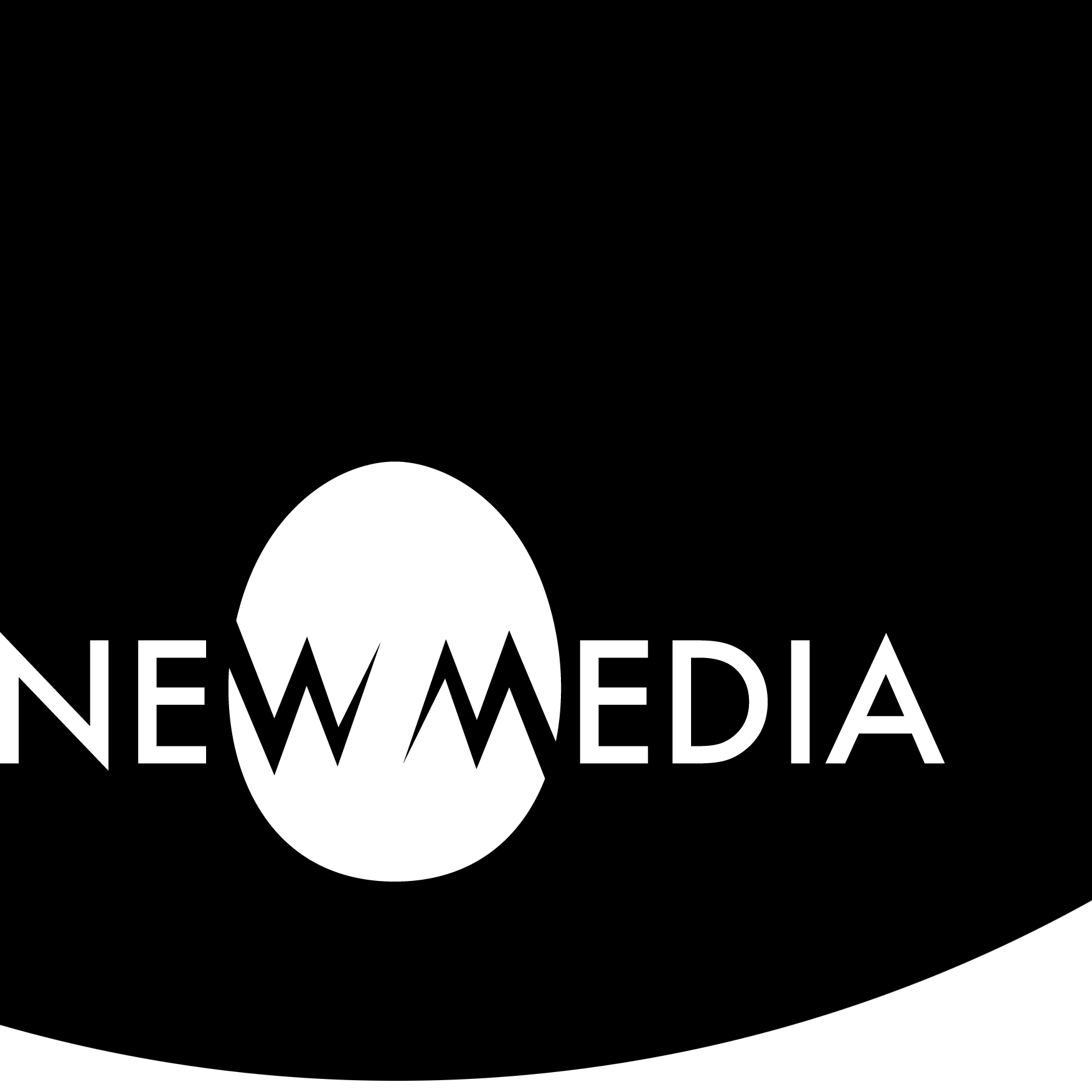PART 5 — readMe
6-minute read

Small is the new big
This final segment contains small chapters of great importance, whose topics did not fall easily into other sections, but whose usefulness, like the “readme” files found in software, is underrated.

Chapter synopses
CHAPTER 18 — A Hierarchy of Modeling

Understanding seven types of modeling, alongside four levels of complexity, aids in structuring thoughts and processes for creating immersive worlds. These include Object, Composition, Material, Kinematics, Effects, Lighting, and POV, each crucial at different levels: Element, Environment, Entity, and Effects. Specialization ensures efficient organization and focused creation.
CHAPTER 19 — Managing a Project

Structuring the startup workflow is vital for modeling success. Initial steps involve conceptualizing through sketches, prototyping, and organizing the model. Hand-drawn sketches aid conceptual clarity. Prototyping with low-fidelity materials informs the modeling process. Organizing includes naming conventions, disciplined digital practices, and thorough backup strategies for collaboration.
CHAPTER 20 — Beyond Modeling: Presentation

Exploring 3D model presentation involves selecting file formats for archiving or sharing, considering proprietary vs. open options, protecting intellectual property, licensing, utilizing online platforms for viewing and collaboration, rendering techniques, hosting sites, and fostering collaboration and communication, all integral to showcasing creative work effectively.
CHAPTER 21 — D.I.Y. and Digital Democratization

The rise of D.I.Y. culture has revolutionized creative distribution and presentation, rooted in historical movements like Arts and Crafts. Punk and hip-hop artists embraced D.I.Y. to bypass centralized systems. Digital democratization grants access to art-making tools, challenging notions of authenticity and scarcity, and prompting debates on meaning and value in the digital age.
